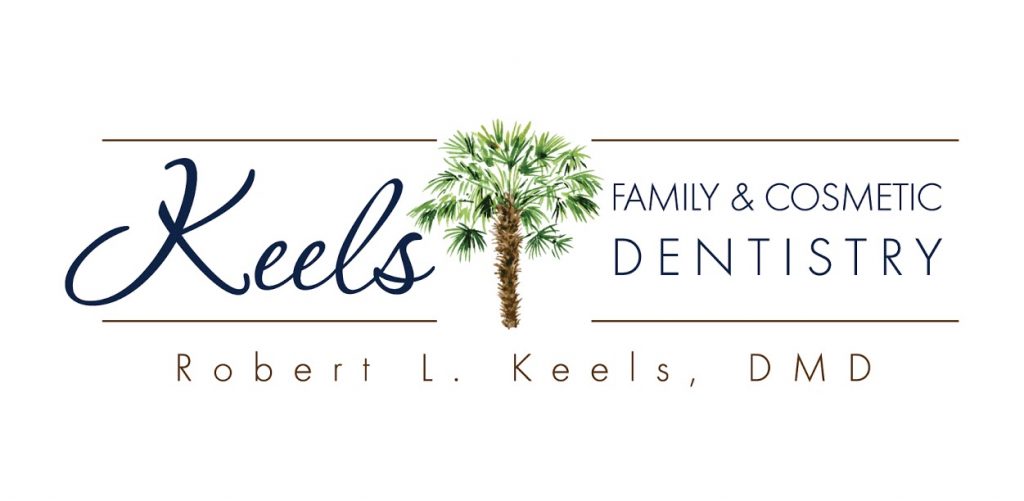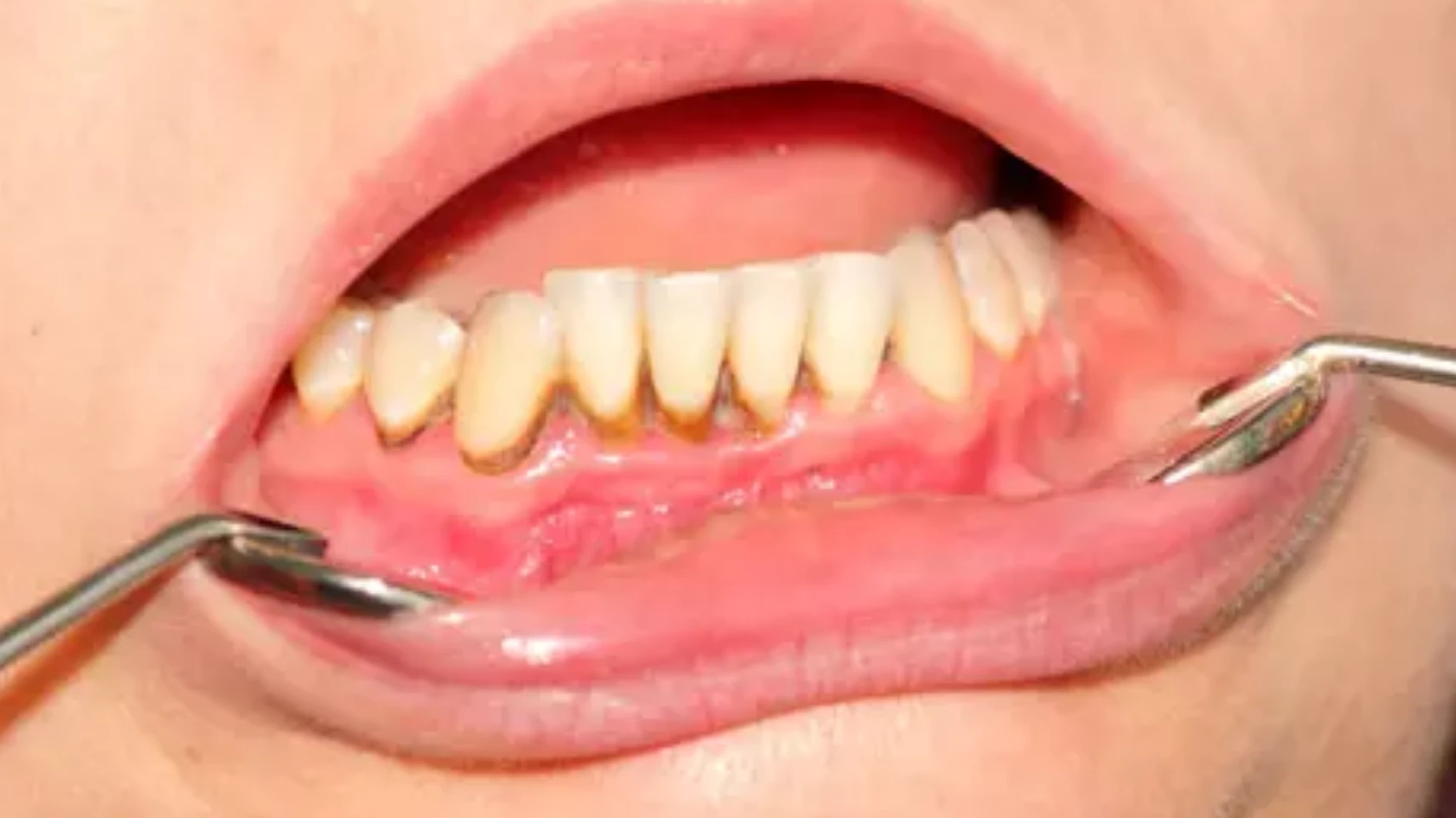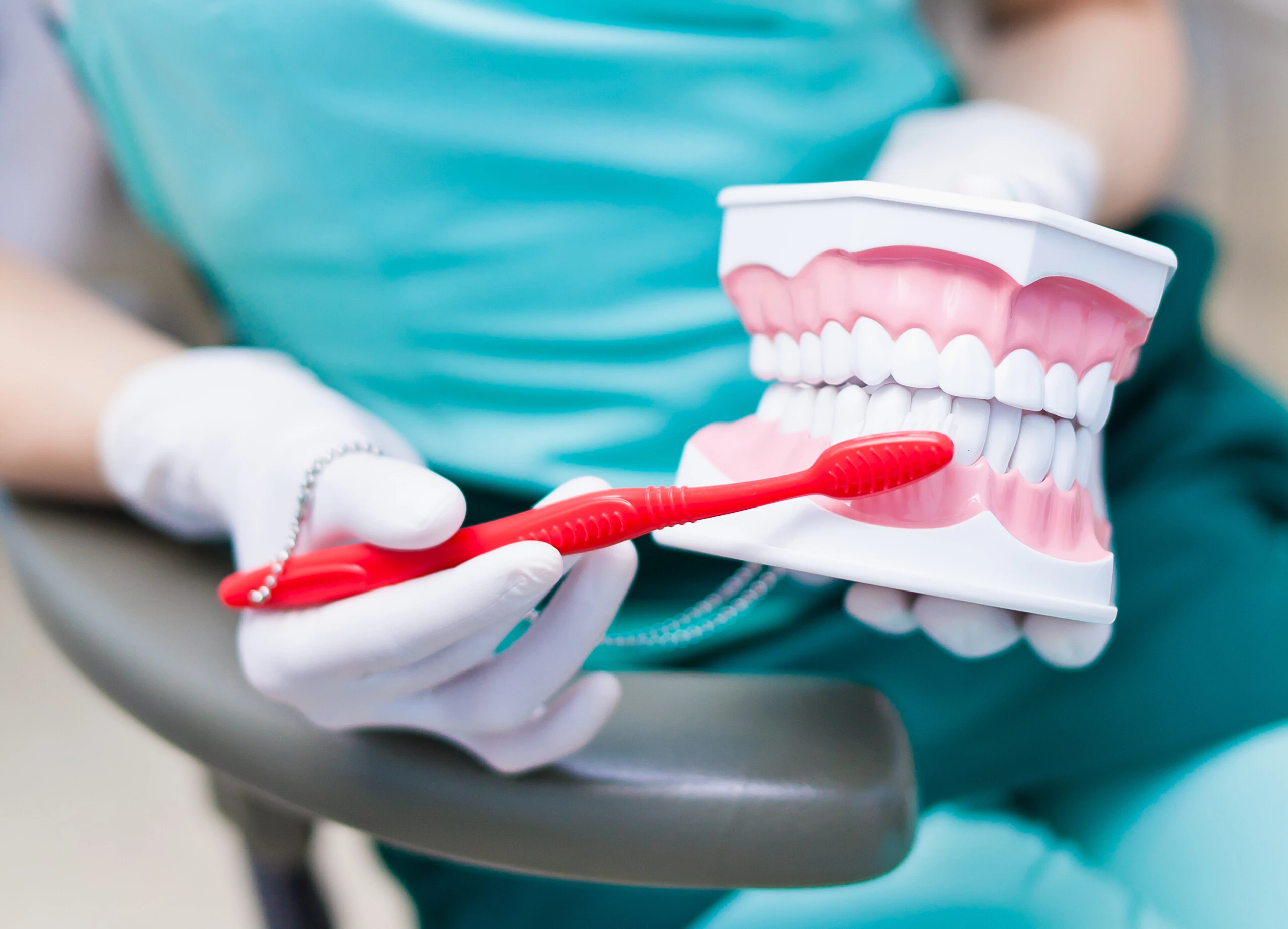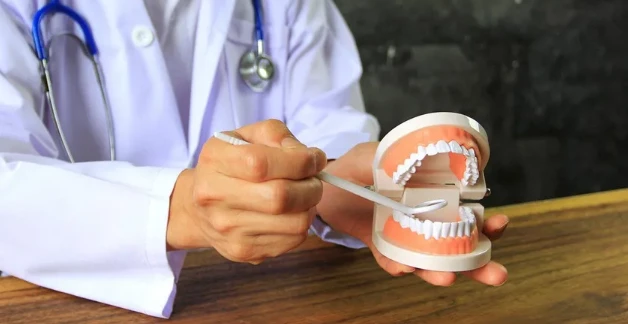SCHEDULE AN APPOINTMENT!
Having a tooth extracted can feel like an intimidating process. But the truth is, with careful planning and the right information, it can be just as straightforward as any other dental procedure. It’s important to understand what goes into extracting a tooth, from preparation to aftercare, so that you can make the best decisions about your dental and oral health.
Keels Family & Cosmetic Dentistry is here to provide you with the information and guidance you need. We are a team of experienced dentists dedicated to helping our patients make informed choices about their oral health.
What is a Tooth Extraction?
A tooth extraction involves carefully removing the affected tooth from its socket in the jawbone. Our experienced team of dentists ensures that the procedure is performed with absolute precision and care, using modern techniques and anesthesia to minimize discomfort.
Following a tooth extraction, our dedicated staff provides comprehensive aftercare instructions to promote healing and ensure optimal oral health—Trust Keels Family & Cosmetic Dentistry for safe and effective tooth extractions tailored to your needs.

Types of Tooth Extractions
Tooth extraction is a common dental procedure that may be necessary for various reasons. Keels Family & Cosmetic Dentistry offers different tooth extractions to cater to our patient’s specific needs and ensure optimal oral health.
- Simple Extraction: This type of extraction is performed on teeth visible in the mouth and can be easily accessed by our skilled dentists. A local anesthetic is administered to numb the area, and then the tooth is gently loosened and removed using forceps.
- Surgical Extraction: In some cases, a surgical extraction may be required for teeth that have not fully erupted or are impacted, such as wisdom teeth. This procedure involves making a small incision in the gum tissue to access the tooth, possibly requiring stitches for proper healing.
- Wisdom Teeth Extraction: Wisdom teeth, also known as third molars, often cause problems due to their late eruption or lack of space in the mouth. Our experienced dentists can assess the need for wisdom teeth extraction and perform the procedure with utmost care.
- Multiple Extractions: In certain situations where several teeth need to be extracted due to severe decay, advanced gum disease, or orthodontic treatment requirements, we offer multiple extractions tailored to each patient’s unique situation.
Keels Family & Cosmetic Dentistry prioritizes your comfort and well-being during any tooth extraction procedure. Our highly trained team utilizes modern techniques and sedation options to ensure a smooth experience while maintaining your oral health.
If you require a tooth extraction or have any concerns about your dental health, don’t hesitate to schedule an appointment with us. We are committed to providing you with personalized care and top-notch dental services.
Reasons for Tooth Extraction: Why Should You Get Your Tooth Extracted?
Tooth extraction is the process of removing a tooth from its socket in the bone. It is typically considered when a tooth is severely damaged, decayed, or impacted and cannot be saved through other dental treatments.
Here are some common reasons why a tooth may need to be extracted:
- Severe Tooth Decay: When tooth decay becomes extensive and reaches the pulp (the innermost part of the tooth containing nerves and blood vessels), it can cause severe pain and infection. In such cases, a root canal might be an option, but if the tooth is too damaged, extraction may be necessary.
- Advanced Gum Disease: Periodontal (gum) disease can lead to bone loss and loosening of teeth. In severe cases, extraction may be the only viable option to prevent the spread of infection and protect the surrounding teeth and gums.
- Impacted Teeth: Sometimes, teeth may not fully emerge through the gums, becoming impacted. This commonly happens with wisdom teeth (third molars), but other teeth can be impacted as well. Impacted teeth can cause pain, swelling, and increase the risk of infection.
- Overcrowding: In some cases, a tooth extraction may be necessary to create space in the mouth for orthodontic treatment, such as braces, to align the teeth properly.
- Trauma or Injury: Teeth that have been broken or fractured due to accidents or injuries may need to be extracted if they cannot be effectively restored.
- Malpositioned Teeth: Teeth that are poorly aligned or positioned in a way that causes issues with the bite or affects neighboring teeth might need to be extracted.
- Severely Cracked or Split Teeth: Teeth that have severe cracks or splits, extending below the gum line, may not be salvageable and may require extraction.
- Risk of Infection: If a patient’s immune system is compromised, such as in individuals undergoing organ transplants or receiving cancer treatments, a tooth with the potential for infection may need to be extracted to prevent the spread of bacteria.
- Orthodontic Treatment: In some orthodontic cases, certain teeth might need to be extracted to create space for proper alignment.
It’s essential to consult with a dentist or oral surgeon if you have any concerns about the health of your teeth. They will evaluate your specific situation and recommend the most appropriate treatment, which may or may not involve tooth extraction.
If you are experiencing any dental issues that may require a tooth extraction or if you have any concerns about your oral health, we encourage you to schedule an appointment with us. Our dedicated team will assess your unique situation and provide personalized recommendations tailored to your needs.
How Do You Avoid A Root Canal?
A root canal is a popular treatment because it effectively resolves tooth infections and prevents new ones from forming. In addition, it saves the tooth from extraction and makes it more aesthetically pleasing. However, it does require some drilling into the tooth, so that it may be more costly than an extraction. To avoid having a root canal, you should brush your teeth at least twice daily and floss once during the day. Your dentist will also recommend using an antibacterial mouthwash each time you brush your teeth. This will help kill bacteria that might linger in your mouth after eating or drinking.
It will help if you visit the dentist every six months to ensure that your gums and teeth are healthy and free of infection. When you visit your dentist for a checkup, they’ll examine the health of your gums and will look at whether or not you need a deep cleaning. If they find that an infection has spread too deep into the roots of your teeth, you’ll need to have a root canal. Keels Family & Cosmetic Dentistry is just around the corner if you’re unsure about the status of your dental health. Call us or use our online form to schedule an appointment with our dentists.
How to Prevent a Tooth Extraction
Preventing a tooth extraction is a top priority for both Keels Family & Cosmetic Dentistry and their patients. While tooth extractions are sometimes necessary due to severe decay or damage, several steps can be taken to minimize the need for this procedure.
First and foremost, maintaining good oral hygiene is crucial in preventing tooth extractions. This includes brushing your teeth at least twice daily, flossing daily, and scheduling regular dental check-ups. By practicing proper oral care habits, you can reduce the risk of tooth decay and gum disease, common causes of extractions.
In addition to regular dental visits, addressing any dental issues promptly is important. If you experience tooth pain or notice any changes in your oral health, don’t hesitate to get in touch with Keels Family & Cosmetic Dentistry. Early intervention often prevents the need for more invasive procedures like extractions.
Another preventative measure that Keels Family & Cosmetic Dentistry may recommend is using dental appliances such as mouthguards for retainers. These devices can help protect your teeth from trauma or grinding habits that could lead to extraction in the future.
Lastly, maintaining a healthy lifestyle can also contribute to preventing tooth extractions. Avoiding tobacco use and limiting sugary foods and drinks can help preserve the health of your teeth and gums.
Following these preventive measures and seeking timely dental care from Keels Family & Cosmetic Dentistry can significantly reduce the likelihood of needing a tooth extraction. Remember, prevention is always better than cure when maintaining a healthy smile!
Alternatives to Tooth Extractions
At Keels Family & Cosmetic Dentistry, we understand tooth extractions can be daunting for many patients. That’s why we are committed to providing alternatives to tooth extractions whenever possible, ensuring our patients can maintain their natural smiles and oral health.
Tooth extractions are sometimes necessary for various reasons, such as severe decay, infection, crowding, or impacted wisdom teeth. However, in some cases, there might be alternatives to tooth extractions. Here are some potential alternatives:
- Dental Fillings: If a tooth has a small to moderate cavity, a dental filling can be used to restore the tooth’s structure and function.
- Root Canal Treatment (Endodontic Therapy): For teeth with infected or damaged pulp, a root canal procedure can be performed to remove the infected tissue and save the tooth.
- Dental Crowns: When a tooth is severely damaged or weakened, a dental crown can be placed over the tooth to protect it and restore its shape and function.
- Dental Bonding: Dental bonding can be used to repair minor chips, cracks, or gaps in teeth by applying a tooth-colored resin material.
- Dental Implants: In cases where tooth extraction is unavoidable, a dental implant can be placed to replace the missing tooth, providing a natural-looking and functioning tooth.
- Orthodontic Treatment: In some cases of tooth crowding or misalignment, orthodontic treatment, such as braces or clear aligners, can be used to align the teeth properly and avoid the need for extractions.
- Periodontal Treatment: In situations where gum disease has caused bone loss around a tooth, periodontal treatment can be pursued to address the underlying issue and potentially save the tooth.
- Partial Dentures or Bridges: For multiple missing teeth, partial dentures or dental bridges can be considered as a way to restore the appearance and functionality of your smile.
Consult your dentist to assess your specific dental condition and discuss the best treatment options tailored to your needs. Sometimes, tooth extraction may still be the most appropriate solution, especially if the tooth is severely damaged or poses a risk to neighboring teeth or overall oral health.
Don’t let fear or anxiety about tooth extractions hold you back from seeking dental care. Contact us today to schedule an appointment and explore the alternatives available at Keels Family & Cosmetic Dentistry. Together, we can find the best solution to preserve your natural smile and oral health.
What Happens During a Tooth Extraction?
When it comes to tooth extraction, Keels Family & Cosmetic Dentistry is here to provide a seamless and comfortable experience. Our dental pros totally get how crucial it is to keep those pearly whites in tip-top shape. We’re all about making sure you have a healthy and happy smile!
Our dentists follow a meticulous process during a tooth extraction procedure to ensure optimal results. First, they will thoroughly examine your oral health, considering any pre-existing conditions or concerns, allowing them to identify the best approach to your situation.
Once the examination is complete and it is determined that a tooth extraction is necessary, our dentists will administer local anesthesia to numb the area surrounding the affected tooth. This ensures that you remain comfortable and pain-free throughout the procedure.
Our dentists will gently loosen and remove the tooth from its socket using specialized tools. Additional steps may be required, such as cutting through gum tissue or removing bone surrounding the tooth. Our team will handle each step precisely and carefully.
After the tooth extraction, our dentists will provide detailed aftercare instructions to promote proper healing and minimize discomfort. They may also discuss options for replacing the extracted tooth if necessary.
Keels Family & Cosmetic Dentistry prioritizes patient comfort and satisfaction during every dental procedure. Our commitment to excellence ensures that your tooth extraction experience is as smooth as possible, leaving you with improved oral health and peace of mind.
Trust us for all your dental needs – schedule an appointment today!
Sedation Methods During a Tooth Extraction
At Keels Family & Cosmetic Dentistry, tooth extractions can be a daunting experience for many patients. That’s why we prioritize your comfort and well-being throughout the entire process. Our skilled dentists are trained in various sedation methods to ensure a pain-free and anxiety-free tooth extraction procedure.
Regarding sedation during tooth extraction, we offer different options tailored to your needs. One common method is local anesthesia, where the area around the tooth is numbed to prevent discomfort during the extraction. This allows you to remain awake and aware while ensuring minimal pain.
We also provide options such as oral sedation or nitrous oxide (laughing gas) for patients who may feel more anxious or have a low pain threshold. Nitrous oxide induces relaxation and euphoria, making the procedure more comfortable. Oral sedation involves taking medication before the extraction appointment to help you relax and reduce any anxiety.
When tooth extraction is more complex or requires extensive dental work, our dentists may recommend intravenous (IV) sedation. This method provides a deeper level of relaxation or even complete unconsciousness during the procedure.
Rest assured that our experienced team will carefully evaluate your medical history and discuss all available sedation options before proceeding with any treatment plan. We prioritize your safety and strive to create a stress-free environment so that you can have a positive dental experience with us.
Trust Keels Family & Cosmetic Dentistry for gentle and effective tooth extractions using advanced sedation methods tailored to your needs. Your comfort is our priority, and we are here to ensure your dental journey is as smooth as possible. Contact us today to schedule an appointment or consultation with our compassionate team of professionals.
Advantages and Disadvantages of a Tooth Extraction
Tooth extraction is a common dental procedure that may be necessary for various reasons. This section will explore the advantages and disadvantages of tooth extraction in Keels Family & Cosmetic Dentistry.
Advantages
- Relief from pain and discomfort: Tooth extraction can immediately relieve severe toothache or chronic dental pain caused by decay, infection, or trauma.
- Prevention of further complications: Extracting a severely damaged or infected tooth can prevent the spread of infection to surrounding teeth and gums, reducing the risk of more serious oral health issues.
- Improved oral health: Removing a problematic tooth can contribute to oral health by eliminating infection, decay, or overcrowding sources.
- Orthodontic treatment facilitation: Tooth extractions may be necessary as part of orthodontic treatment to create space for proper alignment and positioning of teeth.
Disadvantages
- Loss of natural tooth: Extraction means permanently losing a natural tooth, which can affect chewing ability and aesthetic appearance.
- Potential for bone loss: After extraction, the underlying jawbone may gradually resorb over time due to a lack of stimulation from the missing tooth root.
- Need for replacement options: Depending on the location and function of the extracted tooth, it may be necessary to consider replacement options such as dental implants or bridges to restore functionality and aesthetics.
- Post-operative discomfort: Following an extraction procedure, patients may experience swelling, bruising, bleeding, and temporary pain during the healing process.
It is important to consult with a qualified dentist at Keels Family & Cosmetic Dentistry to determine whether a tooth extraction is necessary in your specific case and discuss potential alternatives or additional treatments that may suit you.
After a Tooth Extraction
After tooth extraction, you can expect a smooth and comfortable experience. Our highly skilled dentists understand the importance of exceptional care during this procedure.
Tooth extractions are often necessary to maintain oral health and prevent further complications. Our dentists have the expertise to perform the extraction with precision and minimal discomfort, whether it’s due to severe decay, infection, overcrowding, or trauma.
At Keels Family & Cosmetic Dentistry, we prioritize your comfort and safety. Our state-of-the-art facilities have advanced technology to ensure efficient and successful extractions. We also offer sedation options for anxious or apprehensive patients about the procedure.
Following your tooth extraction, our care team will provide detailed aftercare instructions to promote proper healing. We will also discuss any necessary follow-up appointments or potential tooth replacement options if needed.
Rest assured that at Keels Family & Cosmetic Dentistry, we are committed to delivering exceptional dental care in a compassionate and professional environment. Trust us for your tooth extraction needs and experience the difference in quality dental services.
Call Us to Schedule Your Tooth Extraction Procedure!
Our professional dentists will give you and your family the best dental care. We love creating beautiful smiles for our patients. Keels Family & Cosmetic Dentistry can help you and your family with dental issues. Contact us!
Why Choose Keels Family & Cosmetic Dentistry?
Make An Appointment
At Keels Family & Cosmetic Dentistry, we understand that people choose our practice for a multitude of reasons. Our prime location offers convenience to our valued patients, making it easy to schedule appointments and prioritize their oral health. The trust and satisfaction of our patients, who often refer friends and family, have solidified our reputation as a professional and caring dental office within our community. Our comprehensive services range from cosmetic dentistry to dental care for the entire family, ensuring that we meet the unique needs of every member. We work with various dental insurance plans to make quality care accessible. With flexible scheduling, a warm and welcoming atmosphere, state-of-the-art technology, and a commitment to patient education, we aim to provide not just dental services but also a comfortable and personalized experience. At Keels Family & Cosmetic Dentistry, we prioritize the health and well-being of our patients above all else, fostering a strong personal connection with each individual who walks through our doors.



